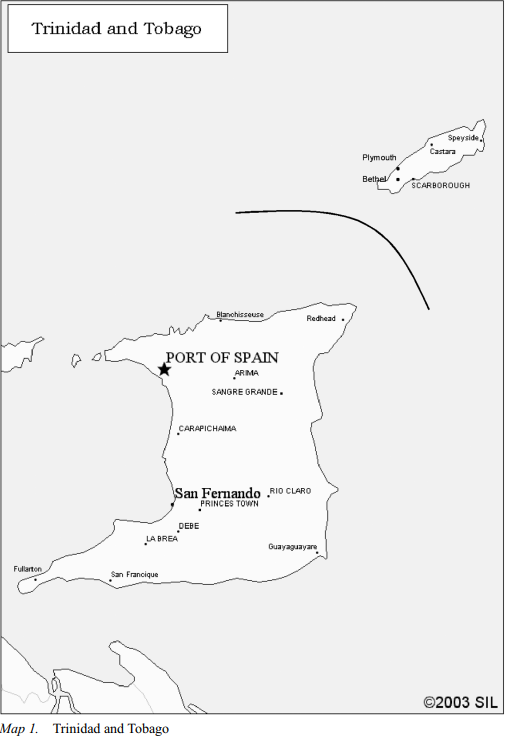

Grammar


Tenses


Present

Present Simple

Present Continuous

Present Perfect

Present Perfect Continuous


Past

Past Continuous

Past Perfect

Past Perfect Continuous

Past Simple


Future

Future Simple

Future Continuous

Future Perfect

Future Perfect Continuous

Passive and Active


Parts Of Speech


Nouns

Countable and uncountable nouns

Verbal nouns

Singular and Plural nouns

Proper nouns

Nouns gender

Nouns definition

Concrete nouns

Abstract nouns

Common nouns

Collective nouns

Definition Of Nouns


Verbs

Stative and dynamic verbs

Finite and nonfinite verbs

To be verbs

Transitive and intransitive verbs

Auxiliary verbs

Modal verbs

Regular and irregular verbs

Action verbs


Adverbs

Relative adverbs

Interrogative adverbs

Adverbs of time

Adverbs of place

Adverbs of reason

Adverbs of quantity

Adverbs of manner

Adverbs of frequency

Adverbs of affirmation


Adjectives

Quantitative adjective

Proper adjective

Possessive adjective

Numeral adjective

Interrogative adjective

Distributive adjective

Descriptive adjective

Demonstrative adjective


Pronouns

Subject pronoun

Relative pronoun

Reflexive pronoun

Reciprocal pronoun

Possessive pronoun

Personal pronoun

Interrogative pronoun

Indefinite pronoun

Emphatic pronoun

Distributive pronoun

Demonstrative pronoun


Pre Position


Preposition by function

Time preposition

Reason preposition

Possession preposition

Place preposition

Phrases preposition

Origin preposition

Measure preposition

Direction preposition

Contrast preposition

Agent preposition


Preposition by construction

Simple preposition

Phrase preposition

Double preposition

Compound preposition


Conjunctions

Subordinating conjunction

Correlative conjunction

Coordinating conjunction

Conjunctive adverbs


Interjections

Express calling interjection


Grammar Rules

Preference

Requests and offers

wishes

Be used to

Some and any

Could have done

Describing people

Giving advices

Possession

Comparative and superlative

Giving Reason

Making Suggestions

Apologizing

Forming questions

Since and for

Directions

Obligation

Adverbials

invitation

Articles

Imaginary condition

Zero conditional

First conditional

Second conditional

Third conditional

Reported speech


Linguistics

Phonetics

Phonology


Semantics


Pragmatics

Linguistics fields

Syntax

Morphology

Semantics

pragmatics

History

Writing

Grammar

Phonetics and Phonology

Semiotics


Reading Comprehension

Elementary

Intermediate

Advanced


Teaching Methods

Teaching Strategies
The creoles of Trinidad and Tobago: phonology Sociohistorical background
المؤلف:
Valerie Youssef and Winford James
المصدر:
A Handbook Of Varieties Of English Phonology
الجزء والصفحة:
508-30
2024-04-12
1200
The creoles of Trinidad and Tobago: phonology
Sociohistorical background
The histories of the islands of Trinidad and Tobago are divergent, and although the two have comprised a single political entity since 1889, they must be considered as separate entities for the purposes of describing both their histories and the distinct linguistic elements in their language varieties. This need has been under-stated in the literature on Trinidad and Tobago, since the two islands have hardly been treated differentially in any detail in survey texts (e.g., Holm 1989/90; Winford 1993).
Solomon (1993: 2) mentions a paucity of information available on Tobago, but there has been work (e.g. James 1974; Minderhout 1979; Southers 1977) which has simply drawn less attention to itself because of the political ascendancy of the larger island. It is hoped that a new publication on Tobagonian will redress the balance (James and Youssef 2002), since the basilectal variety peculiar to Tobago alone merits attention in its own right, and the interplay among varieties in the island is also unique. For phonology, this is undisputably the most comprehensive source. The best sources on the phonology of Trinidad are Winford (1972, 1978), Winer (1993) and Solomon (1993).
Broadly it can be said that the history of conquest, exploitation and migration was different for Trinidad and Tobago, notwithstanding their common Amerindian indigenous base and initial Spanish incursions. Both were claimed by Columbus in 1498, but Tobago was sighted and not invaded at this time. However, Trinidad remained officially Spanish until 1797, with a strong French presence up to the late-eighteenth century, while Tobago was continuously squabbled over until 1763, but with no lasting linguistic impact either from Spanish or French. The difference was one of skirmishes in Tobago versus long-lasting settlement in Trinidad, with the latter having more far-reaching linguistic results on the lexicon.
With regard to the history and development of Caribbean creole languages generally, there is likely to have been a spectrum of language varieties from the outset. A full language continuum ranging from the basilectal creole to the standard is likely to have developed in early slave societies according to the extent of exposure of different sub-groups in the society to the Standard. House slaves are likely to have developed near-acrolectal varieties, whereas the field slaves would have developed and continued to use the basilect. Field slaves were cut off from real social contact with the ruling class or from any motivation to move towards its language. Children born into the society would have heard their parents’ native African languages as well as interlanguage varieties adopted by the adults as they made more or less accommodation to the superstrate languages. In some measure, it would have been these children who would have augmented their parents’ language creation, becoming the ultimate architects of the new creole language.

 الاكثر قراءة في Phonology
الاكثر قراءة في Phonology
 اخر الاخبار
اخر الاخبار
اخبار العتبة العباسية المقدسة

الآخبار الصحية















 (نوافذ).. إصدار أدبي يوثق القصص الفائزة في مسابقة الإمام العسكري (عليه السلام)
(نوافذ).. إصدار أدبي يوثق القصص الفائزة في مسابقة الإمام العسكري (عليه السلام) قسم الشؤون الفكرية يصدر مجموعة قصصية بعنوان (قلوب بلا مأوى)
قسم الشؤون الفكرية يصدر مجموعة قصصية بعنوان (قلوب بلا مأوى) قسم الشؤون الفكرية يصدر مجموعة قصصية بعنوان (قلوب بلا مأوى)
قسم الشؤون الفكرية يصدر مجموعة قصصية بعنوان (قلوب بلا مأوى)


















